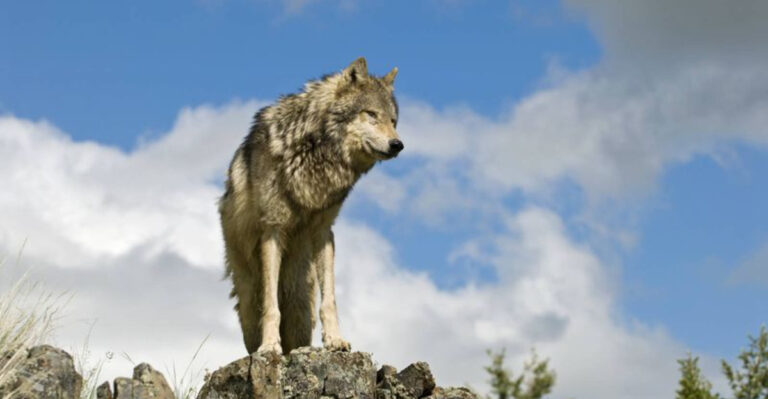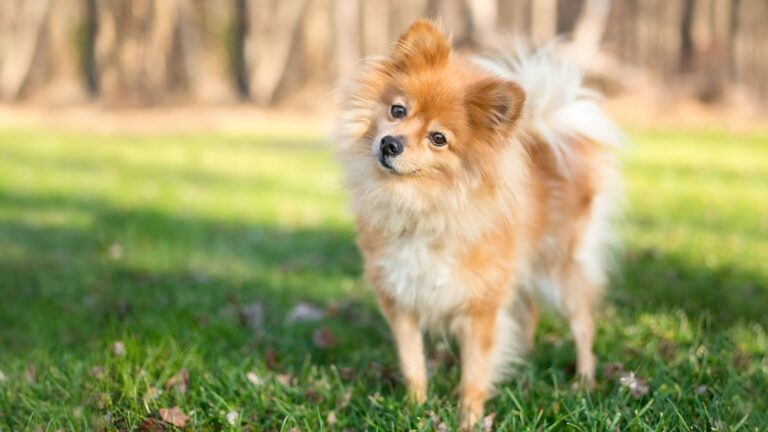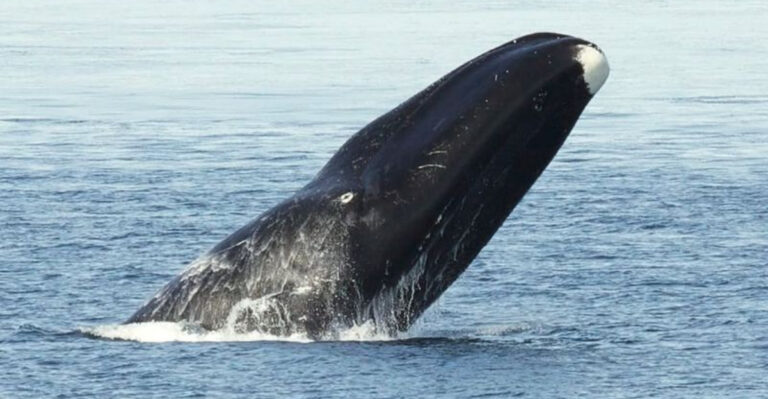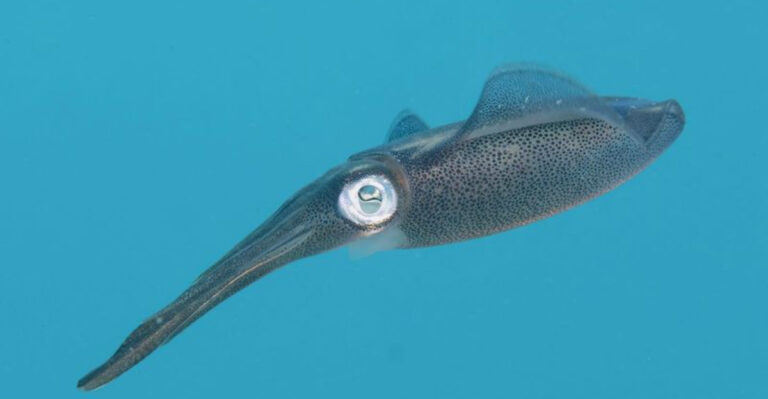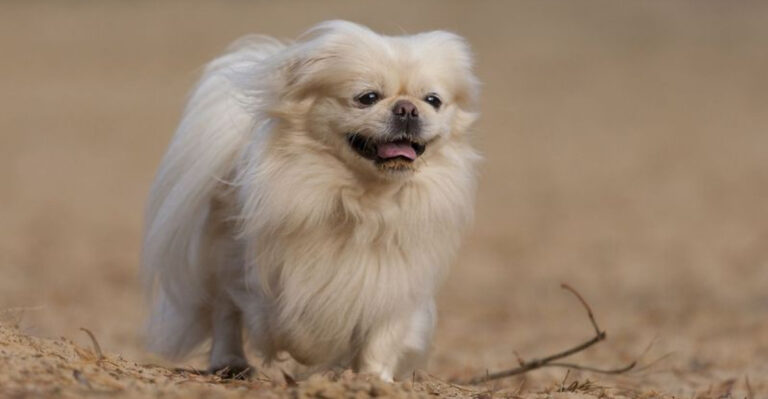8 Emotional Dog Breeds That Take Everything To Heart (And 7 Who Couldn’t Care Less)
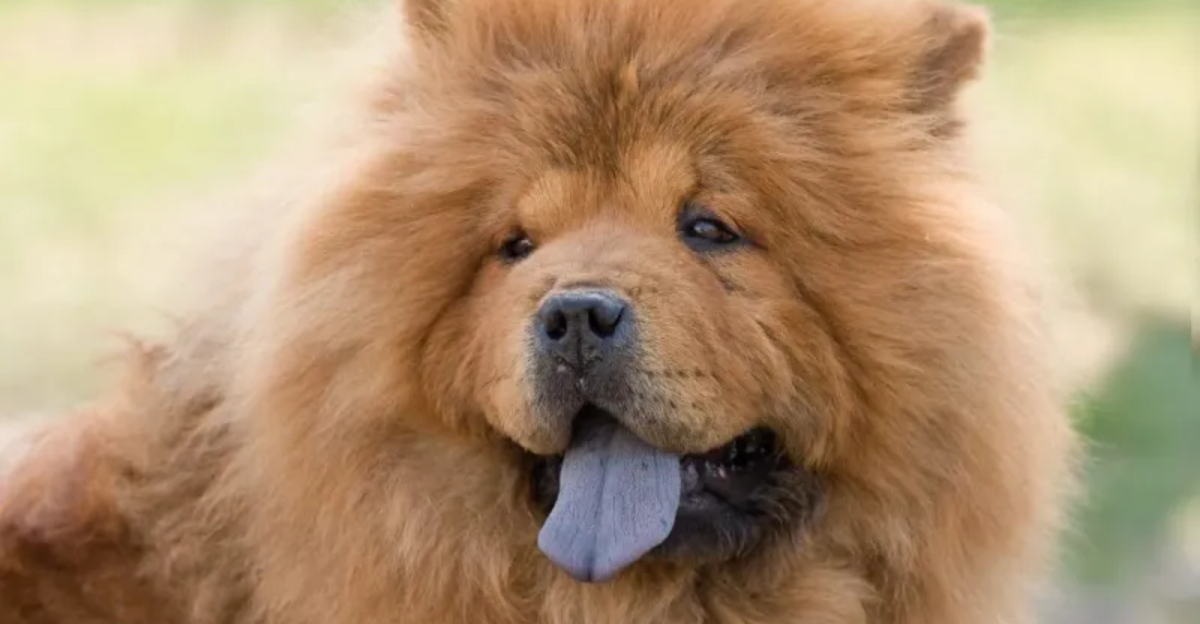
Dogs, like people, experience emotions in vastly different ways. Some pups wear their hearts on their paws, responding to your every mood swing with dramatic sympathy.
Others march through life with an unflappable coolness that makes you wonder if they even notice when you’re upset. Understanding your dog’s emotional sensitivity can help you build a stronger bond and create the right environment for their personality type.
1. Border Collies: The Sensitive Souls
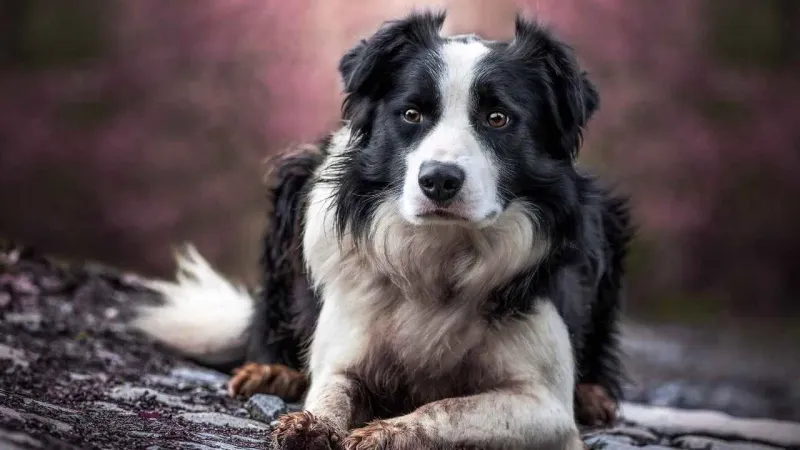
Border Collies read your emotions like an open book. These hyper-aware herders notice the slightest change in your tone or body language, often mirroring your feelings with uncanny accuracy.
When you’re sad, expect your Border Collie to cuddle up close. When you’re stressed, they’ll likely pace or seem anxious too. Their remarkable empathy makes them incredible companions but also means they take criticism particularly hard.
2. Golden Retrievers: Emotional Support Experts
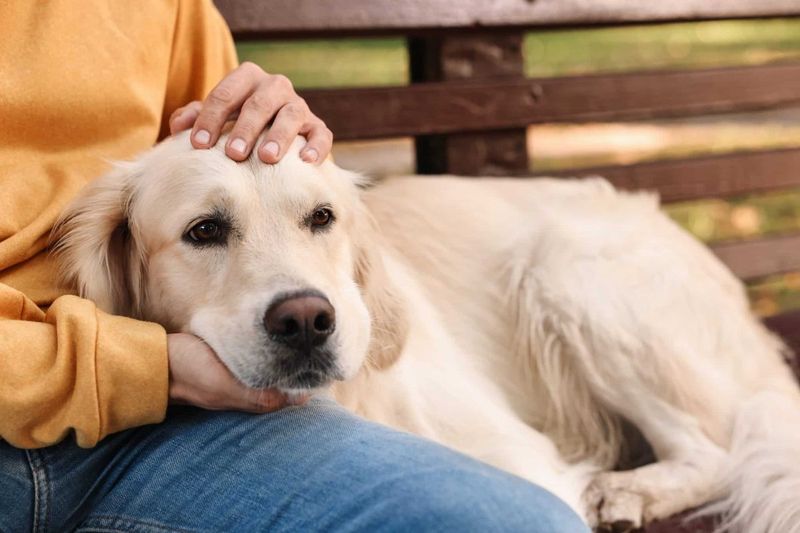
Famous for their sunny dispositions, Golden Retrievers form deep emotional connections with their humans. These golden-hearted companions seem to possess a sixth sense for emotional distress.
Your Golden will press against you when tears fall, bring toys when you’re down, and celebrate enthusiastically when you’re happy. Their sensitivity extends beyond their owners—they’ll often comfort anyone showing signs of sadness, making them natural therapy dogs.
3. German Shepherds: Loyal Empaths
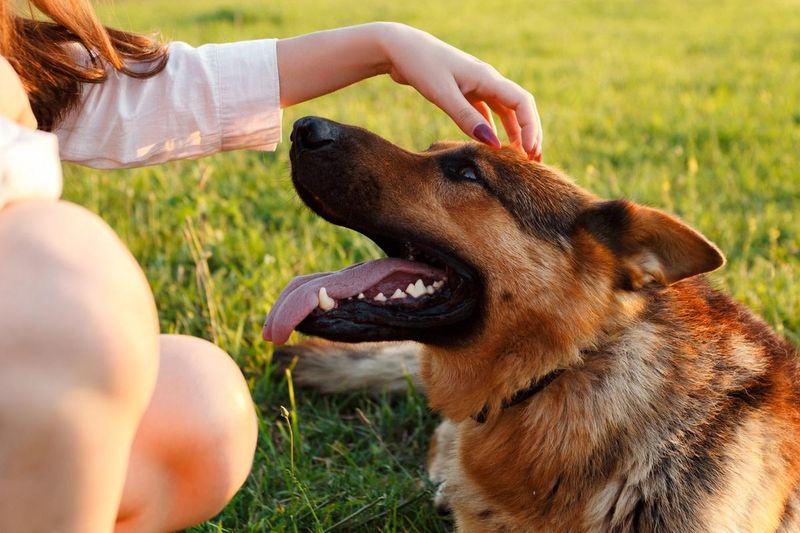
German Shepherds develop profound emotional bonds with their families, becoming exquisitely attuned to their emotional states. These protective pups take their emotional cues directly from you.
When you’re anxious, they become vigilant. When you’re relaxed, they settle down too. Their strong desire to please means harsh words or disappointment can deeply affect them. Many German Shepherd owners report their dogs sulking after being scolded, showing their sensitive nature.
4. Cavalier King Charles Spaniels: Heartfelt Companions

Cavaliers were bred specifically to be emotional companions, and it shows in their ultra-sensitive temperaments. These velvet-eared darlings exist to love you and be loved in return.
Your Cavalier will shadow you from room to room, gazing adoringly with those soulful eyes. Their happiness depends entirely on yours—they flourish with gentle words and wither under criticism. Many owners describe their Cavaliers as almost telepathic in understanding human emotions.
5. Bichon Frise: The Emotional Mirrors
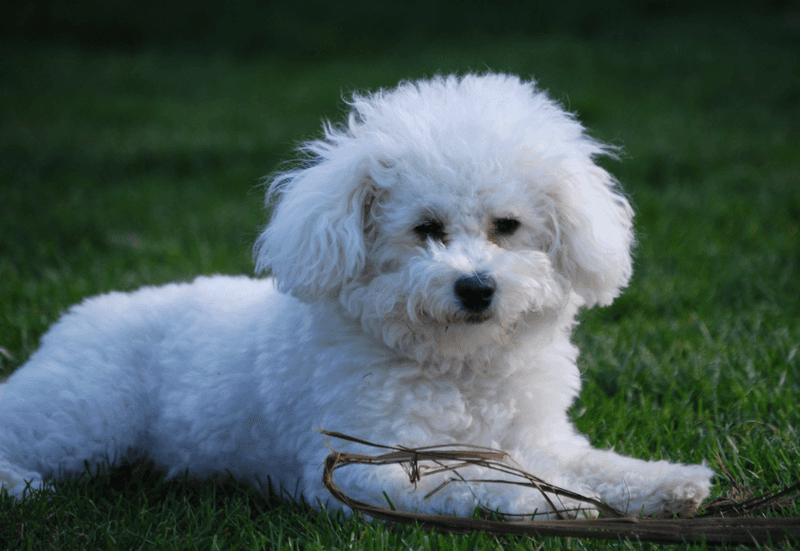
Beneath those fluffy white coats beat incredibly receptive hearts. Bichons form intense bonds with their humans and become emotional sponges, absorbing and reflecting your feelings with surprising accuracy.
Happy households produce joyful, bouncy Bichons. Tense environments create anxious, clingy pups. Their desire for harmony is so strong that family arguments can send them into distress. These sensitive fluffballs truly thrive when surrounded by positivity and gentle handling.
6. Great Danes: Gentle Giants With Tender Hearts
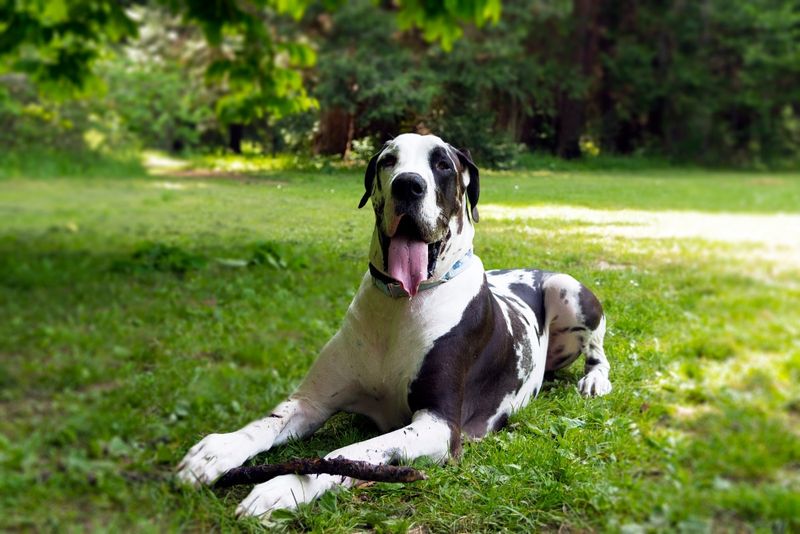
Don’t let their imposing size fool you—Great Danes possess remarkably delicate emotions. These towering pups often develop what owners affectionately call “hurt feelings” over the smallest perceived slights.
A stern word can send your Dane slinking away with a wounded expression. Their sensitivity extends to your emotions too—many will attempt to sit in your lap (despite their size!) when you’re upset. Great Danes form deep attachments and can become genuinely heartbroken when separated from loved ones.
7. Poodles: The Perceptive Intellectuals
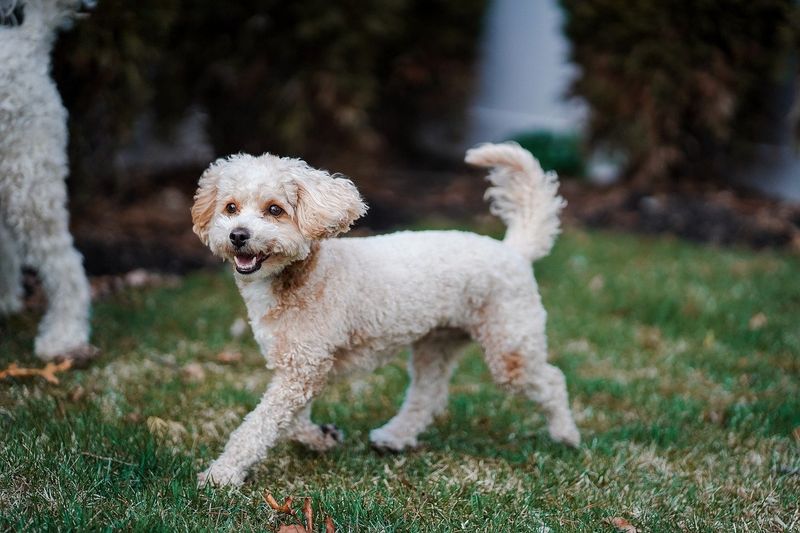
Poodles combine remarkable intelligence with acute emotional sensitivity. These elegant canines pick up on subtle emotional cues that many other breeds miss entirely.
Your Poodle knows when you’re putting on a brave face despite feeling sad. They’ll adjust their behavior accordingly – becoming quieter, staying close, offering gentle comfort. Their perceptiveness makes them excellent therapy dogs, but also means they take harsh training methods or family tensions particularly hard.
8. Australian Shepherds: Intuitive Worriers
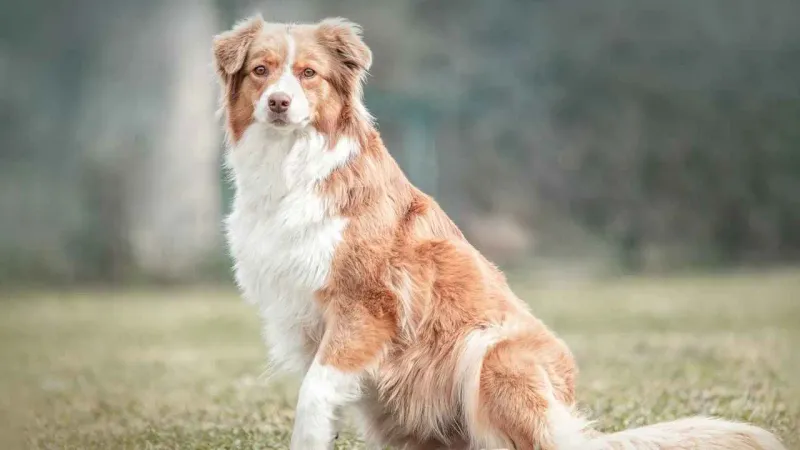
Australian Shepherds operate with an emotional radar that’s always scanning their environment. These hardworking herders form intense bonds with their families and take their emotional temperature constantly.
Your Aussie will notice when you’re off-kilter even before you do. They tend to internalize household stress, sometimes developing anxious behaviors in response. Their desire to keep their “flock” happy and harmonious means they take family conflicts especially hard.
9. Basenjis: The Aloof Independents
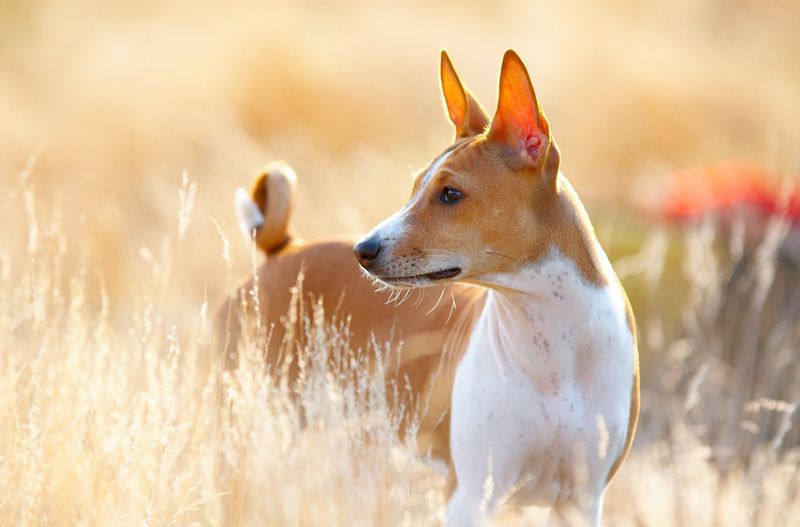
Basenjis march to the beat of their own drum with remarkable emotional independence. Often described as “cat-like,” these ancient hunting dogs maintain a cool detachment that can surprise first-time owners.
Your Basenji might acknowledge your tears with a curious glance before returning to whatever interested them more. They form bonds on their terms and rarely fret over your emotional state. Their self-sufficient nature means they’re unbothered by being left alone—a refreshing quality for busy households.
10. Chow Chows: Dignified And Detached
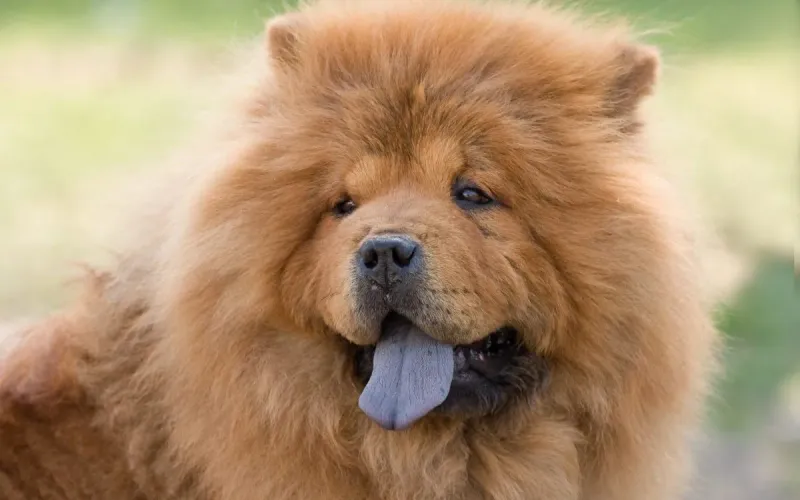
Behind that magnificent lion-like mane lies a mind that’s remarkably unbothered by human drama. Chow Chows maintain an emotional independence that borders on aloofness.
Your Chow might acknowledge your existence with a regal nod before continuing their important business elsewhere. They’re notoriously selective about forming attachments and rarely mirror human emotions. While loyal to their chosen people, Chows generally maintain emotional boundaries that would impress even the most stoic humans.
11. Afghan Hounds: The Elegant Individualists
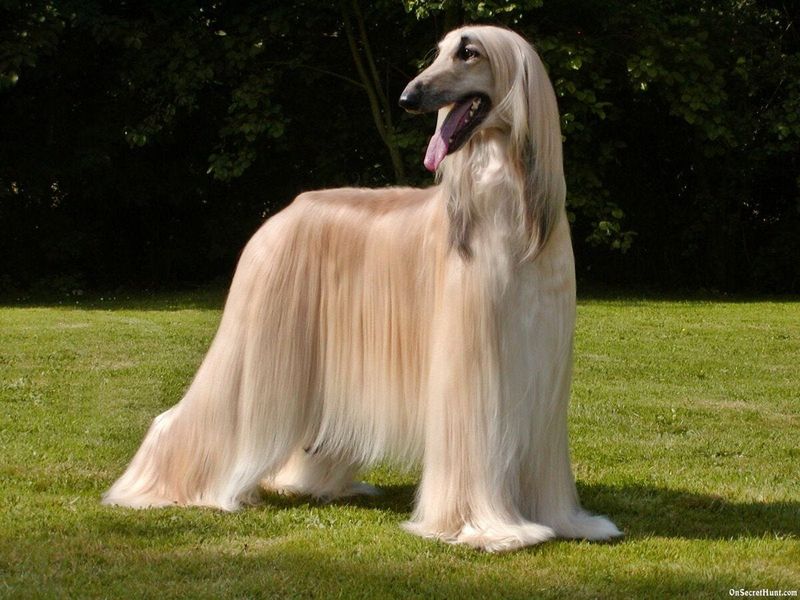
Afghan Hounds possess a serene detachment that has earned them the nickname “aristocrats of the dog world.” These glamorous sighthounds approach life with a composed independence that can seem almost otherworldly.
Your Afghan may acknowledge your emotional outbursts with a dignified side-eye before returning to their sunbathing. They form bonds but maintain a certain emotional distance. Their self-contained nature means they’re perfectly content entertaining themselves while you process your human feelings.
12. Shiba Inus: The Unbothered Companions
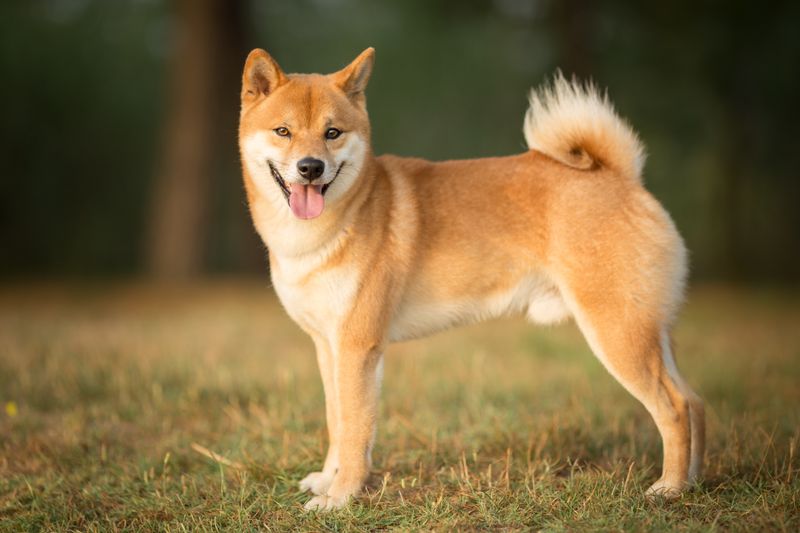
Shiba Inus have perfected the art of emotional detachment. These fox-like Japanese dogs approach life with a confidence and independence that’s almost admirable.
Your Shiba might respond to your emotional meltdown with a curious head tilt before trotting off to more interesting pursuits. They form bonds but maintain healthy boundaries—never losing themselves in your emotions. Their self-assured nature and lack of neediness make them ideal for owners who appreciate a dog that doesn’t need constant emotional validation.
13. Akitas: Stoic And Self-Contained
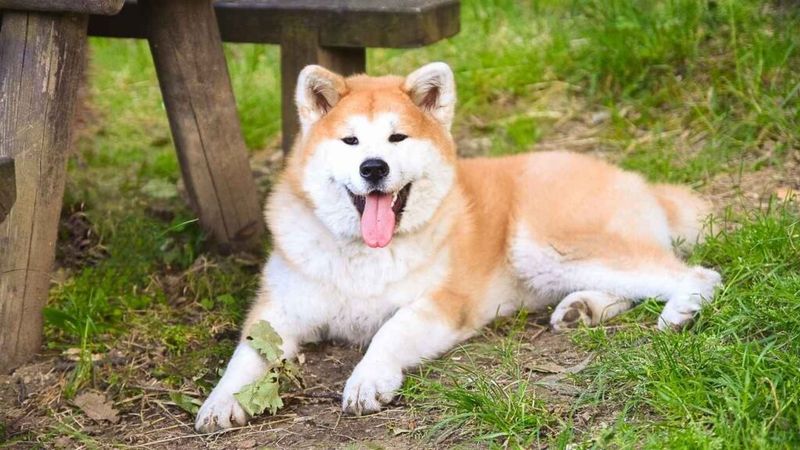
Akitas embody the Japanese concept of emotional restraint. These powerful, dignified dogs maintain an impressive emotional independence that can seem almost zen-like.
Your Akita observes your emotional ups and downs with a calm steadiness, rarely getting swept up in human drama. While deeply loyal, they don’t feel compelled to mirror your feelings or provide comfort. Their self-sufficient nature means they’re perfectly content being alone with their thoughts—a quality that makes them low-maintenance emotional companions.
14. Greyhounds: The Laid-Back Loungers
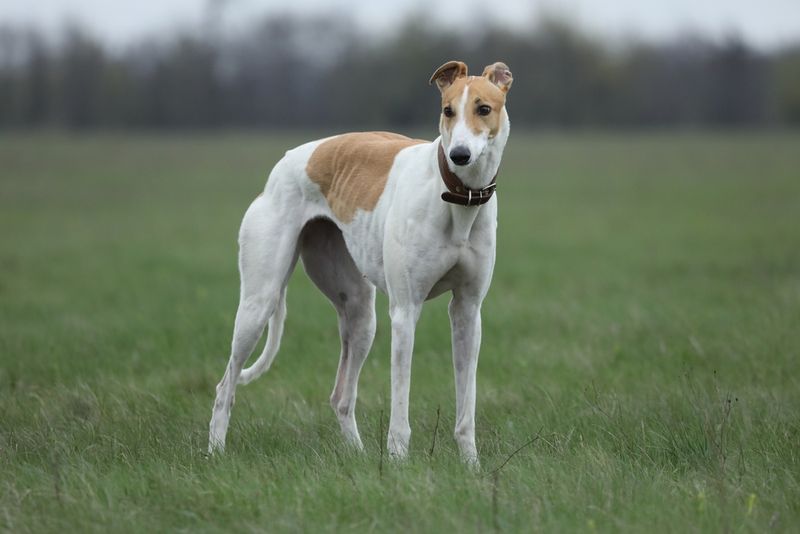
Despite their racing background, retired Greyhounds approach emotional situations with surprising calmness. These gentle speedsters maintain an easygoing attitude toward human emotional displays.
Your Greyhound might acknowledge your tears with a gentle nose bump before returning to their favorite pastime—napping. They form loving bonds but maintain a certain emotional independence. Their naturally relaxed demeanor means they rarely get worked up about things that would upset more sensitive breeds.
15. Bullmastiffs: Unfazed Gentle Giants
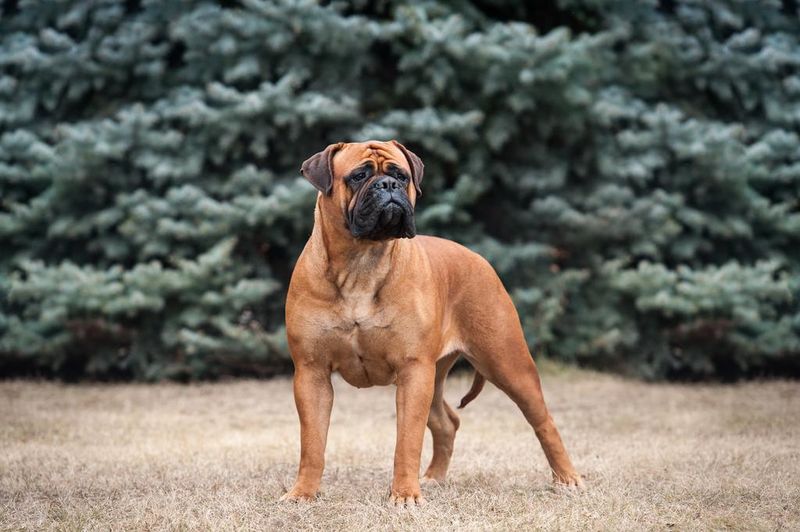
Bullmastiffs combine impressive physical presence with remarkable emotional steadiness. These confident guardians maintain a calm demeanor regardless of the emotional chaos around them.
Your Bullmastiff watches household dramas unfold with the unruffled expression of someone who’s seen it all before. While protective and loving, they rarely get emotionally rattled. Their composed nature provides a stabilizing presence during family tensions—they’re essentially the emotional rock of the canine world.

